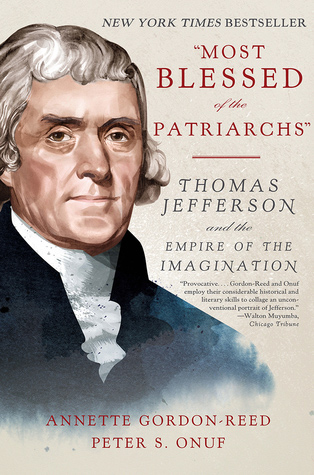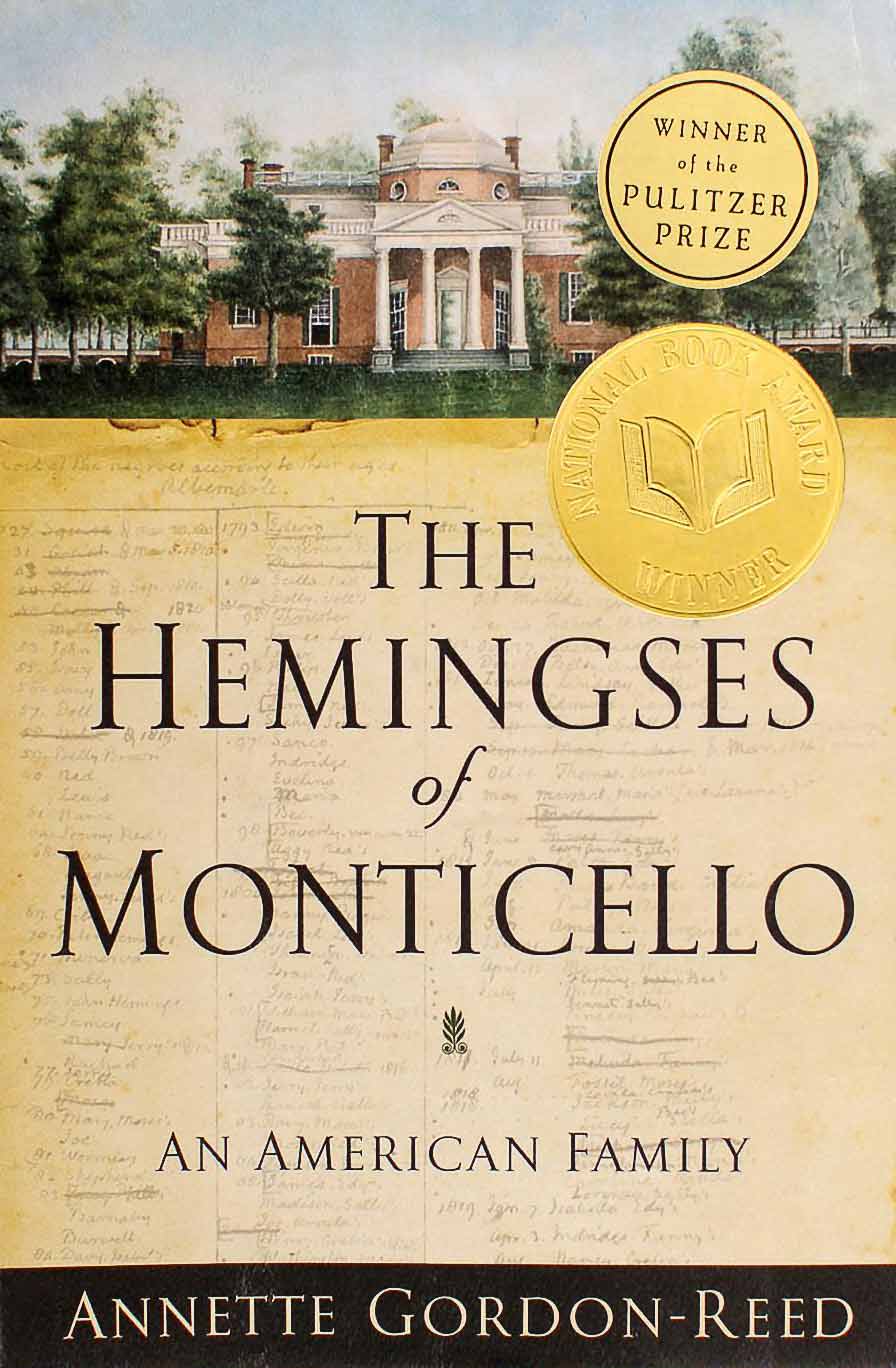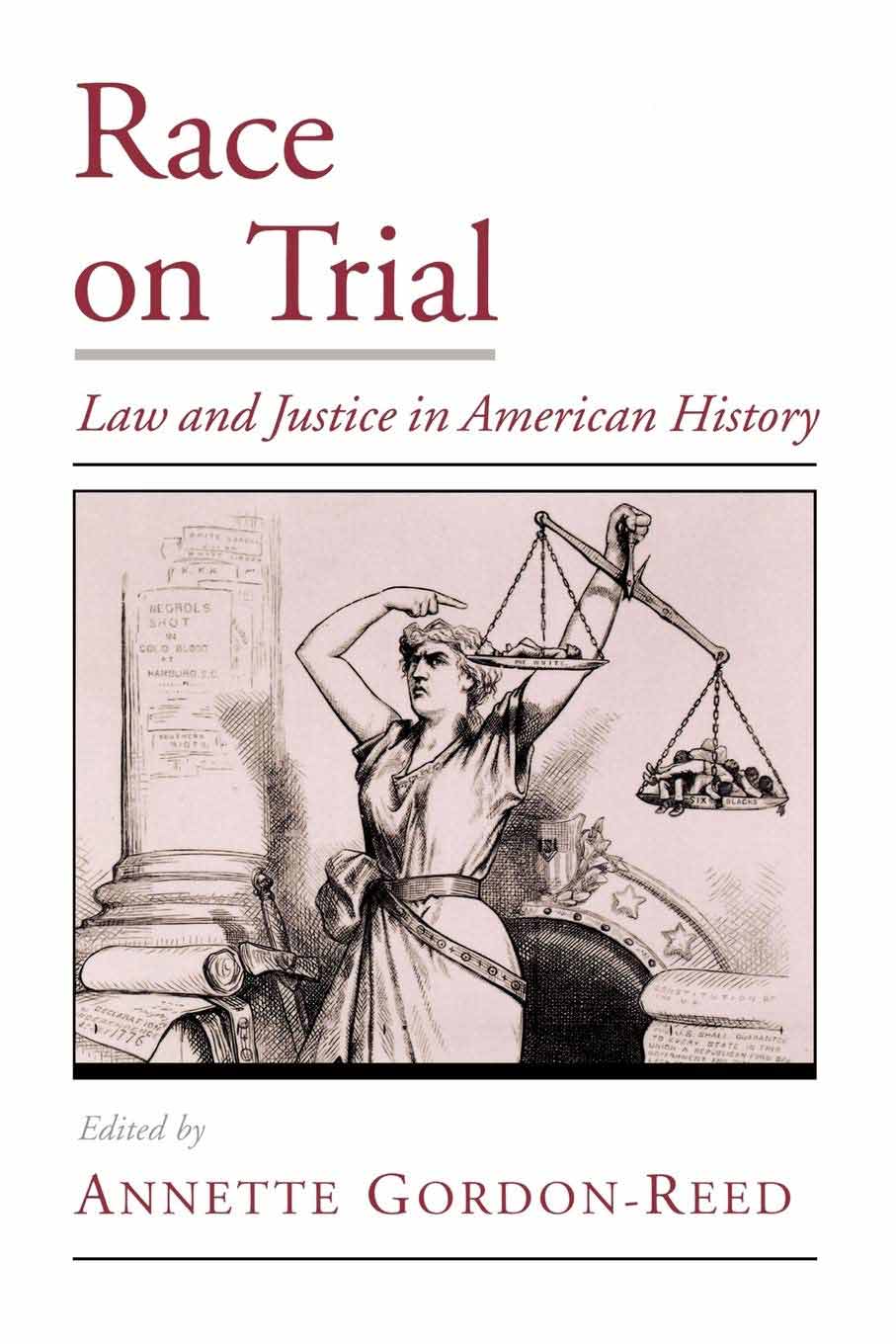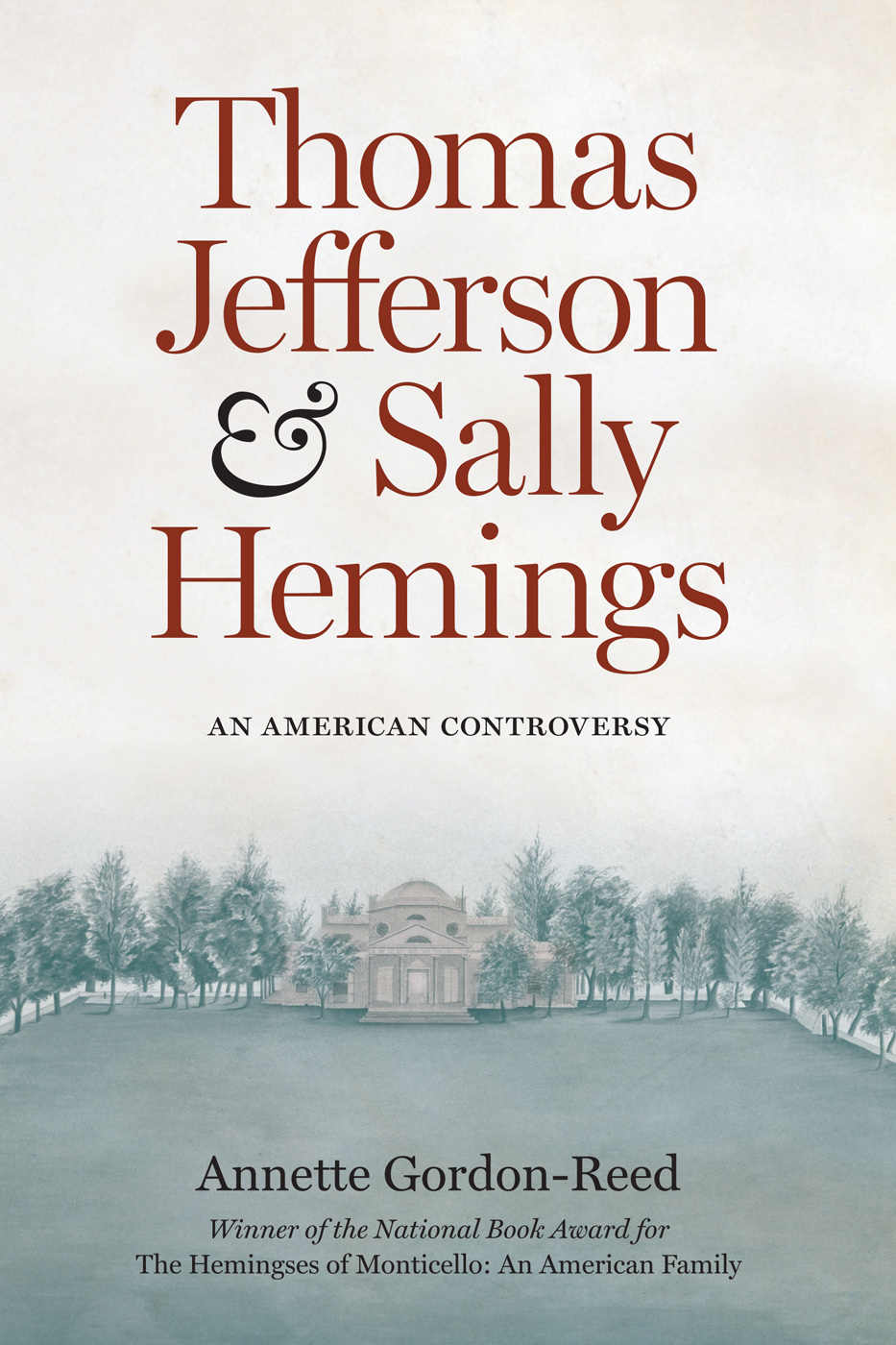Annette Gordon-Reed

Annette Gordon-Reed is an American law professor and Pulitzer Prize-winning historian. She is currently the Carl M. Loeb University Professor at Harvard University, where she is also a professor of history in the university’s Faculty of Arts & Sciences.
Gordon-Reed is noted for transforming scholarship on Thomas Jefferson, particularly regarding his relationship with Sally Hemings and her children. She was awarded the Pulitzer Prize for History and the National Book Award for Nonfiction in 2008 for her groundbreaking work on the Hemings family of Monticello. In 2010, she received the National Humanities Medal and a MacArthur Fellowship, also known as the MacArthur “Genius Award.”
Since 2018, she has served as a trustee of the National Humanities Center in Research Triangle Park, NC. She was elected a member of the American Philosophical Society in 2019. Gordon-Reed’s contributions to historical scholarship and her dedication to uncovering and presenting the complexities of American history have made her a prominent and influential figure in both academic and public spheres.
On Juneteenth
2021
On Juneteenth weaves American history, family chronicle, and memoir to provide a historian’s view of the long road to Juneteenth. Annette Gordon-Reed, a Texas native and descendant of enslaved people, explores the origins of Juneteenth in Texas and the hardships African-Americans have endured since Reconstruction. She combines personal anecdotes with historical facts to highlight the integral role of African-Americans in Texas history. Reworking the traditional “Alamo” narrative, Gordon-Reed demonstrates how the slave- and race-based economy shaped Texas and influenced major historical events. This eloquent and concise work revises conventional views of Texas and national history, underscoring the ongoing fight for equality as the nation moves toward recognizing June 19 as a national holiday.
Most Blessed of the Patriarchs: Thomas Jefferson and the Empire of the Imagination
2016
Most Blessed of the Patriarchs offers a fresh and insightful look at Thomas Jefferson. Often seen as a contradictory figure, Jefferson is celebrated for his advocacy of freedom while criticized for holding people in bondage. Annette Gordon-Reed, alongside Jefferson scholar Peter S. Onuf, dispels these clichés through careful analysis and vivid prose. They reveal Jefferson as a complex individual, neither hypocrite nor saint, but a man shaped by his times and personal contradictions. This compelling character study reintroduces us to a founding father who is both profoundly gifted and deeply human.
Andrew Johnson: The American Presidents Series: The 17th President, 1865-1869
2011
Andrew Johnson explores the unexpected presidency of a man thrust into office following Lincoln’s assassination. Annette Gordon-Reed, a leading historian, examines Johnson’s struggle to heal a post-Civil War nation while clashing with Radical Republicans. Ill-suited for his role, Johnson’s policies neglected former slaves and led to his near impeachment. Gordon-Reed vividly recounts his Senate trial and narrow acquittal, highlighting Johnson’s presidency as a critical missed opportunity that left enduring national challenges.
The Hemingses of Monticello: An American Family
2008
This epic work, named a best book of the year by the Washington Post, Time, the Los Angeles Times, Amazon, and the San Francisco Chronicle, and a notable book by the New York Times, is a winner of the Pulitzer Prize and National Book Award. It tells the story of the Hemingses, whose close blood ties to our third president were systematically erased from American history until recently. Historian and legal scholar Annette Gordon-Reed traces the Hemings family from its origins in 1700s Virginia to its dispersal after Jefferson’s death in 1826.
Race on Trial: Law and Justice in American History
2002
Race on Trial: Justice in American History is a collection of twelve original essays exploring the intersection of law and race in American culture. The essays are grouped into four themes: pivotal cases in the history of race, illustrative treatments of race in legal history, high-profile “trials of the century,” and landmark cases that shaped important legal precedents. Notable cases discussed include Amistad, Dred Scott, Plessy v. Ferguson, Scottsboro, Korematsu v. US, Brown v. Board, Loving v. Virginia, Regents v. Bakke, and OJ Simpson.
These essays demonstrate how race often influenced trial outcomes and provide a unique lens on American cultural history. The cases cover African-Americans, Asian-Americans, and Caucasians. Contributors range from junior to senior scholars in law and history, offering a rich, interdisciplinary perspective.
Vernon Can Read!: A Memoir
2001
As a young college student in Atlanta, Vernon E. Jordan, Jr. worked a summer job driving a white banker around town. During the man’s post-luncheon siestas, Jordan would pass the time reading books, astonishing his boss, who exclaimed, “Vernon can read!” Nearly fifty years later, Vernon Jordan, now a senior executive at Lazard Freres, a long-time civil rights leader, adviser and close friend to presidents and business leaders, has written an unforgettable memoir about his life and times.
Vernon Can Read! captures the sweeping struggles, changes, and dangers of African-American life during the civil rights revolution of the second half of the twentieth century. Co-written with Annette Gordon-Reed, this memoir is essential for anyone interested in modern American history.
Thomas Jefferson and Sally Hemings: An American Controversy
1997
When Annette Gordon-Reed’s groundbreaking study was first published, rumors of Thomas Jefferson’s involvement with his slave Sally Hemings had circulated for two centuries. Of all aspects of Jefferson’s renowned life, this was perhaps the most hotly contested. The publication of Thomas Jefferson and Sally Hemings intensified the debate by identifying glaring inconsistencies in many scholars’ evaluations of the existing evidence. Gordon-Reed presents a fascinating argument: not necessarily that the alleged thirty-eight-year liaison took place, but that the evidence for it has been unfairly dismissed.
With a layperson’s curiosity and a lawyer’s logical mind, Annette Gordon-Reed writes with an irresistible style and compassion. Each chapter focuses on a key figure in the Hemings drama, resulting in engrossing and personal portraits. Gordon-Reed’s keen understanding of the psychological complexities of human relationships—relationships that often transcend status or race—is evident throughout. The most compelling element is her extensive and careful research, which frequently allows the evidence to speak for itself.
Selected Other Works
Black Writers of the Founding Era A Library of America Anthology (2023) (foreword by Annette Gordon-Reed) Amazon
Charleston: Race, Water, and the Coming Storm by Susan Crawford (2023) (foreword by Annette Gordon-Reed) Amazon
Remembering Slavery: African Americans Talk About Their Personal Experiences of Slavery and Emancipation edited by Ira Berlin, Marc Favreau, and Steven F. Miller (2021) (foreword by Annette Gordon-Reed Amazon
Thomas Jefferson at Monticello: Architecture, Landscape, Collections, Books, Food, Wine edited by Leslie Greene Bowman and Charlotte Moss (2021) (Annette Gordon-Reed contributor) Amazon
In the Hands of the People: Thomas Jefferson on Equality, Faith, Freedom, Compromise, and the Art of Citizenship by Jon Meacham (2020) (afterword by Annette Gordon-Reed) Amazon
Family, Slavery, and Love in the Early American Republic: The Essays of Jan Ellen Lewis (2021) (co-edited by Annette Gordon-Reed) Amazon
Black Man in the Huddle: Stories from the Integration of Texas Football by Robert D. Jacobus (2019) (foreword by Annette Gordon-Reed) Amazon
Lives Bound Together: Slavery at George Washington’s Mount Vernon (exhibition catalogue) (2016) (introduction by Annette Gordon-Reed) Amazon
A Slave in the White House: Paul Jennings and the Madisons by Elizabeth Dowling Taylor (2013) (foreword by Annette Gordon-Reed) Amazon
Jubilee: The Emergence of African-American Culture (2003) (co-authored by Annette Gordon-Reed) Amazon
AnnetteGordonReed.com is a participant in the Amazon Services LLC Associates Program, an affiliate advertising program where Amazon will pay us a commission for linking to products on Amazon.com and affiliated sites.






